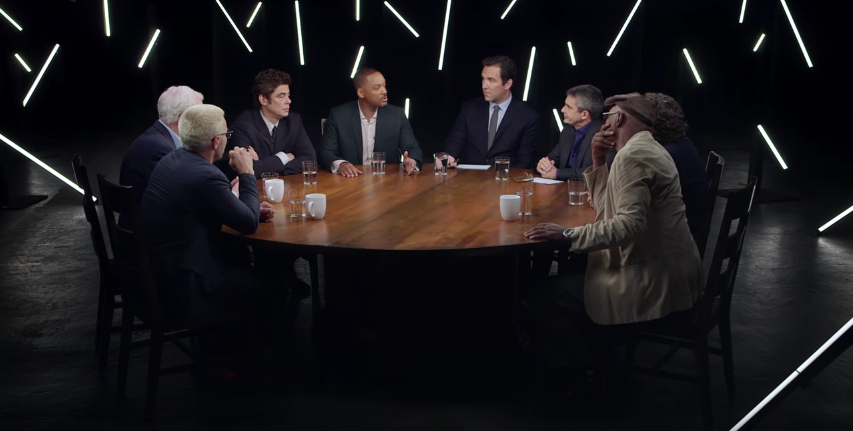
Estimated reading time: 11 minutes.
Sometimes it is tough to be a pro-life college student. Most challenges students face are found on campus during a tabling event or with the administration, but sometimes they are inside the classroom. Far too often when pro-life students dare to speak up in defense of the unborn, professors attempt to humiliate and silence them. [Tweet that!]
I experienced this first hand in a biology class during my freshman year. The class focused on technological advances in the field of biology and the ethical concerns which accompanied the advancements.
My professor, “Dr. Nation,” covered each topic with a series of lectures, and then allowed a discussion day with groups of students representing the pro and con side of the issue for the class, followed by a Q&A portion. After the presentation on embryonic stem cell research, I excitedly got in line to ask my question for the pro-embryonic stem cell research team. They had made a case for the research on the basis that we should take advantage of the embryos instead of just letting them go to waste. This was one of the first times I had the opportunity in college to speak up for the pro-life perspective. I had just returned from my first March for Life and was nervous to challenge the students in front of the class.
Each student in front of me stepped up to ask a clarification question about something from either presentation, and a few challenged the con side. I was the first person to make any sort of case for the pro-life side in the entire semester. My turn came, and I began to ask the students if they would use the same argument to advocate for the intentional destruction of human life in other cases if it would mean biological research could progress. I was about to give a thought experiment example when Dr. Nation cut me off. He had not done this a single time with any of the students that day or in any other discussion days in the entire semester.




